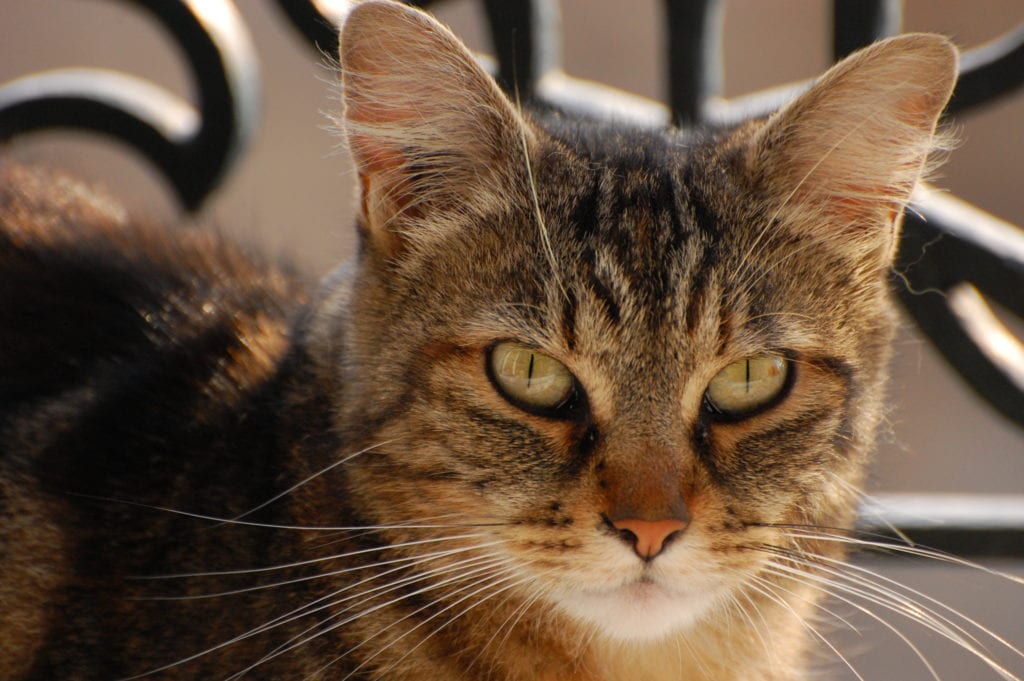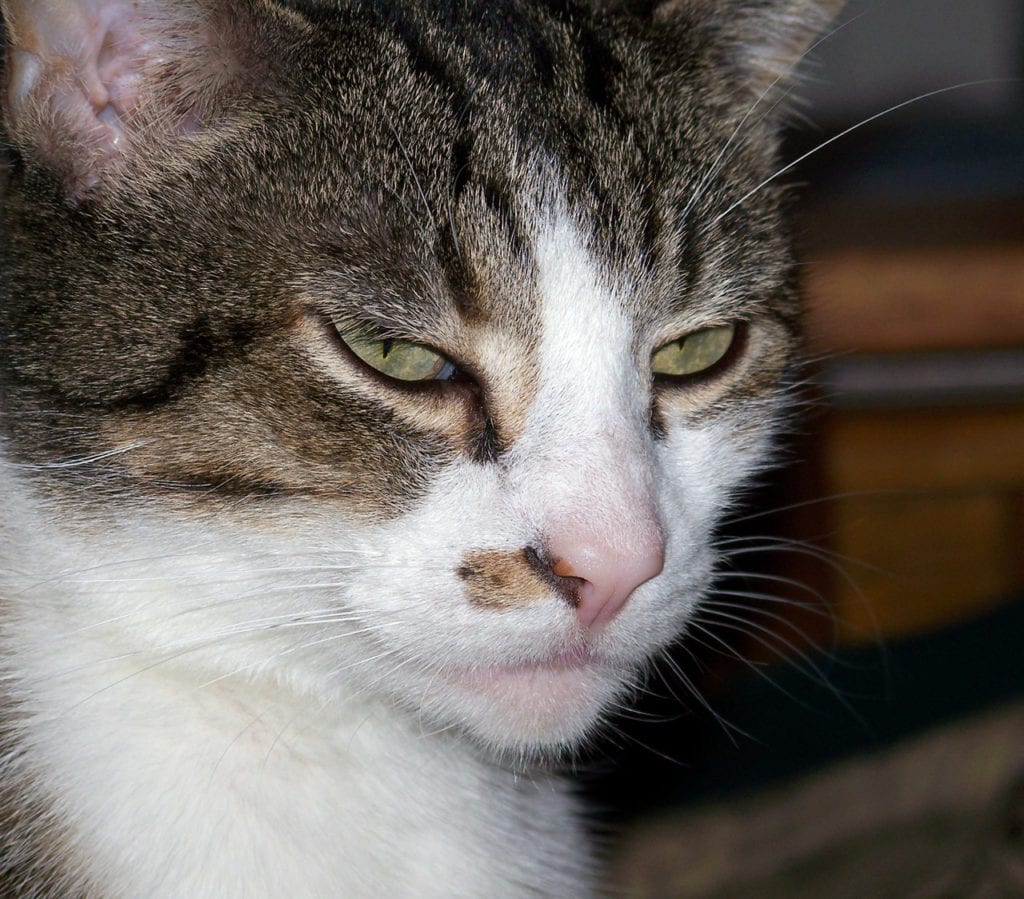
Cats are endearing animals that, as long as you treat them with respect and affection, that will be what you receive in return ... multiplied by two. For this reason, and also because it is our duty as their caregivers, it is important that we provide veterinary care whenever they need it, since there are many diseases that they can have throughout their life, such as colitis.
If you want to know what are the symptoms and treatment of colitis in cats I'll tell you about it next.
What is it?
Colitis is the inflammation of the colon, that is, of the penultimate section of the large intestine. It is also known as large intestine diarrhea, and its main symptom is precisely an acute diarrhea that is difficult to cut.
What are the causes?
There are several possible causes:
- Parasites: is one of the most common causes. When parasites are housed in the intestine, colitis can appear. The most common are coccidia, giardias, and Trichomonas fetus.
- Infection:
- Viruses - Various viral diseases, such as feline infectious peritonitis, leukemia, or coronavirus.
- Bacteria: such as salmonella, Escherichia coli or Clostridium.
- Inflammatory bowel disease: occurs when different defensive cells infiltrate the lining of the intestine, often as a consequence of an immune disorder.
- Other causes:
- Intestinal neoplasms
- Liver disease
- Intestinal obstruction
- septicemia
What are the symptoms?
The symptoms of colitis in cats are as follows:
- Bulky and frequent stools, with whitish mucosa and / or with traces of blood.
- Frequent visits to the sandpit, but having trouble defecating.
- Anal irritation due to excessive licking of the area when there are remains and trying to clean it, or by too many stools (2-3 times is usual, but it can vary).
- In severe cases: loss of weight and appetite, rough coat, and lethargy.
How is it treated?
If our cats have any of the symptoms mentioned above we should take them to the vet as soon as possible. Once there, they will perform a physical examination and a blood and / or stool analysis to determine the cause of their disease. Then with the diagnosis done, will proceed to put the treatment, which will depend on the cause.
For example, if it is an infection they will administer antibiotics; if it is due to parasites they will be administered oral antiparasitics, and in more serious cases the administration of corticosteroids may be necessary. Although this will not be the only thing he does: he will also tell us to make a diet change so that the furry can improve.
This diet must be soft, so it is advisable to give them cooked meat -boneless-, or else give them cans of high-quality wet food (without grains or by-products), at least until they recover.

Has it been useful to you?